Phonics Skills Building Vocabulary Worksheets for Ages 4-6
5 filtered results
-
From - To
Unlock your child's reading potential with our engaging Phonics Skills Building Vocabulary Worksheets, designed specifically for ages 4-6. These worksheets combine fun activities with essential phonics principles, helping young learners build foundational vocabulary and decoding skills. Our resources cater to various learning styles, promoting literacy through interactive exercises that boost confidence and comprehension. Teachers and parents alike will appreciate the structured approach, making it easy to track progress. Whether reinforcing classroom learning or supplementing home education, these worksheets provide a playful and effective way for children to grasp the connections between letters and sounds, paving the way for a lifelong love of reading!
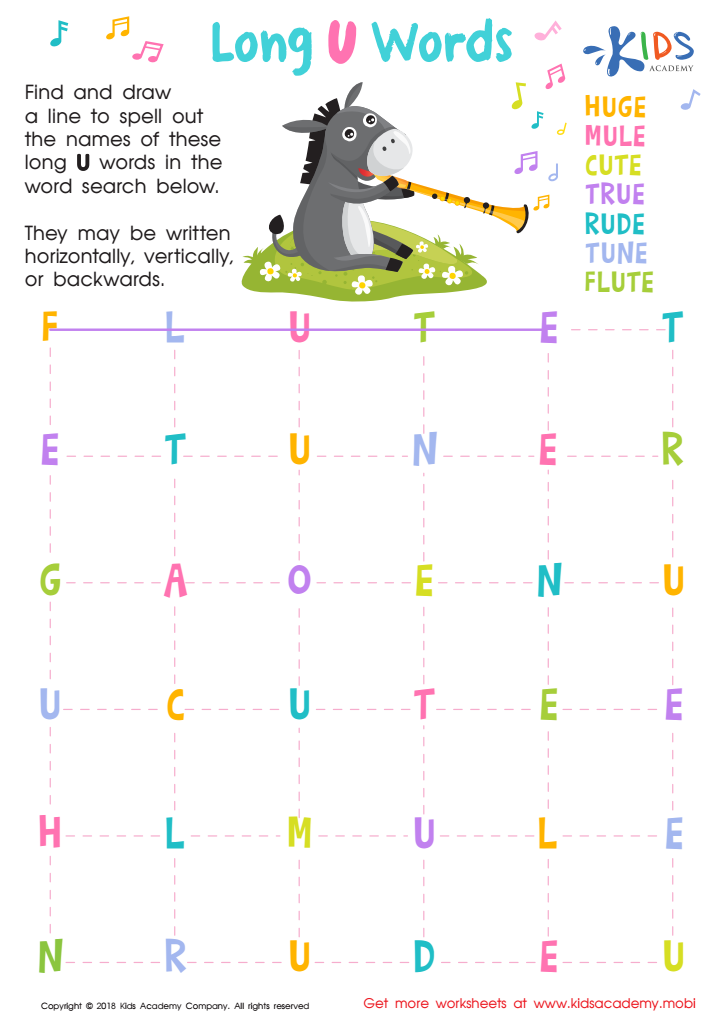

Long /u/ Words Worksheet
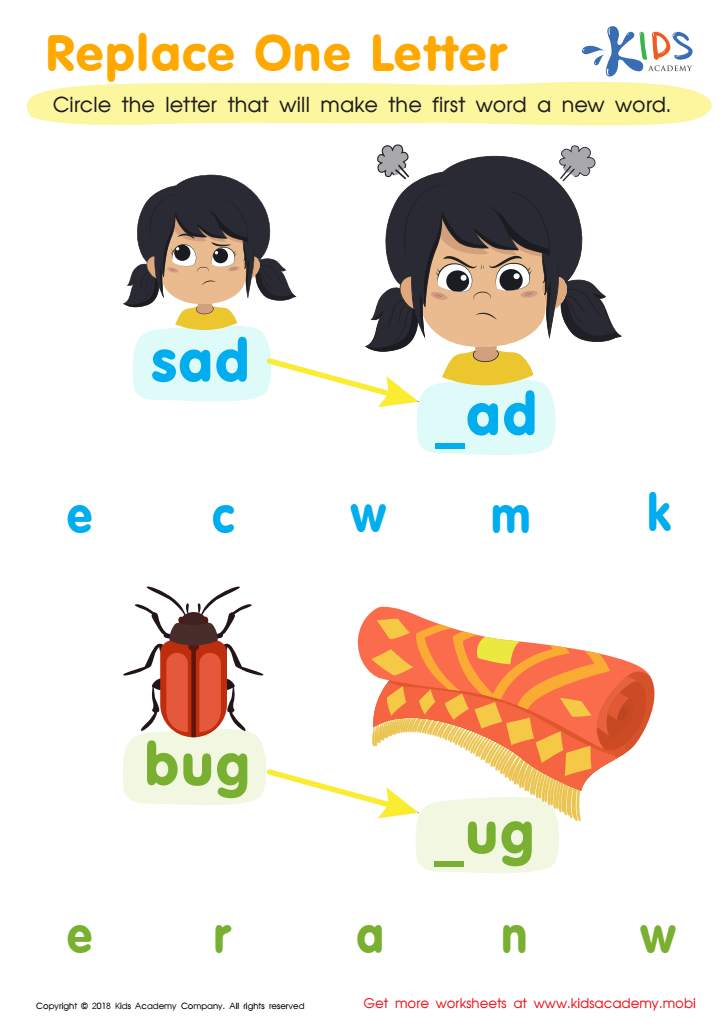

Replace One Letter Worksheet
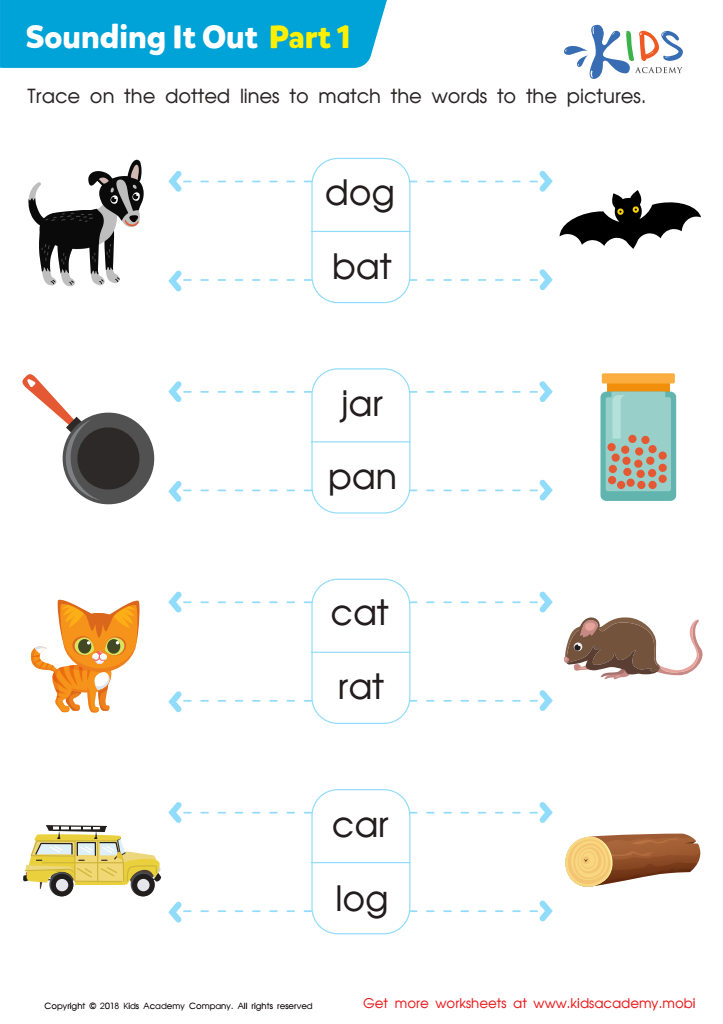

Sounding it Out: Part 1 Worksheet
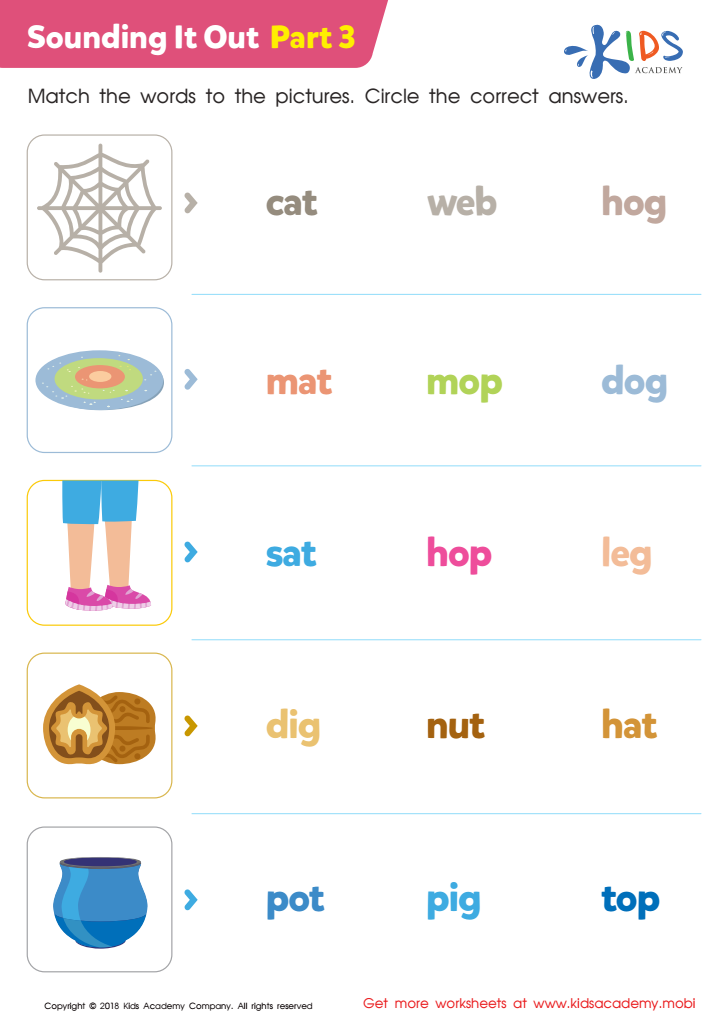

Sounding it Out: Part 3 Worksheet
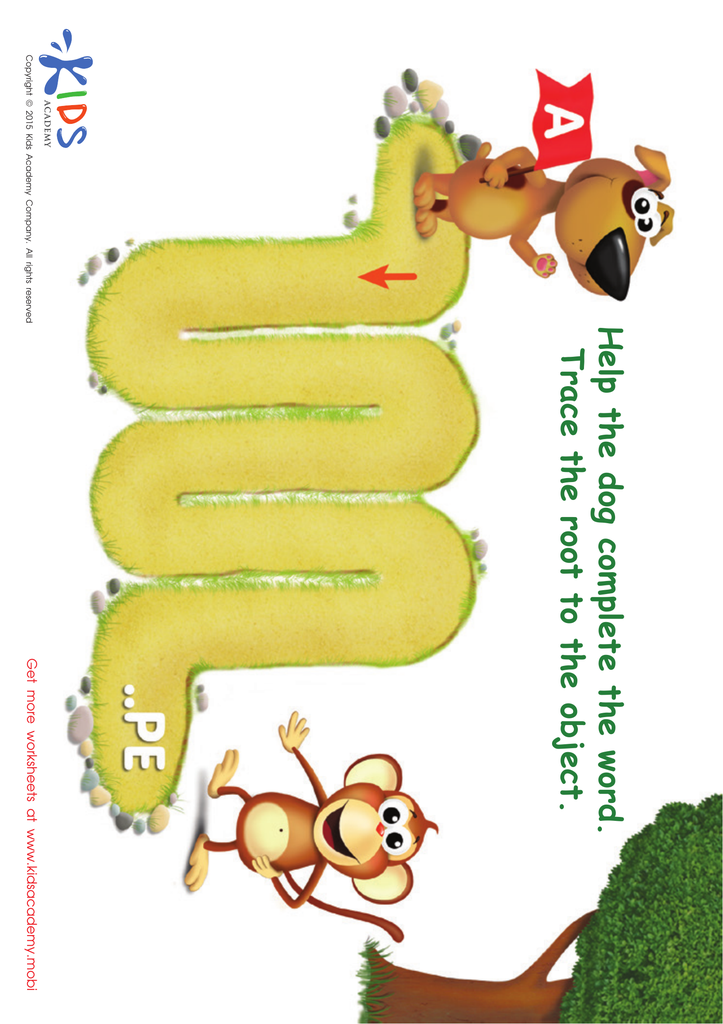

Long Vowel Sound A Worksheet Worksheet
Parents and teachers should prioritize phonics skills and vocabulary building for children aged 4-6 because these foundational elements are critical for literacy development. Phonics involves the relationship between sounds and letters, enabling young learners to decode words, which is essential for reading proficiency. When children grasp phonics, they gain confidence in their ability to sound out unfamiliar words, making reading a less daunting task and opening up a world of stories and information.
Furthermore, the early building of vocabulary enhances comprehension skills. A child with a rich vocabulary can better understand the context of what they read. This is vital for developing critical thinking and communication skills. Interactive phonics activities and vocabulary exercises, such as singing songs or playing word games, make learning enjoyable and engaging.
Research shows that children who have strong phonics and vocabulary skills are more likely to excel academically in later years. Therefore, by fostering these skills early on, parents and teachers can significantly influence a child's educational trajectory, laying the groundwork for lifelong learning and a love for reading. Engaging in phonics and vocabulary building provides the essential tools that empower children to navigate their world with confidence and curiosity.

 Assign to My Students
Assign to My Students






























